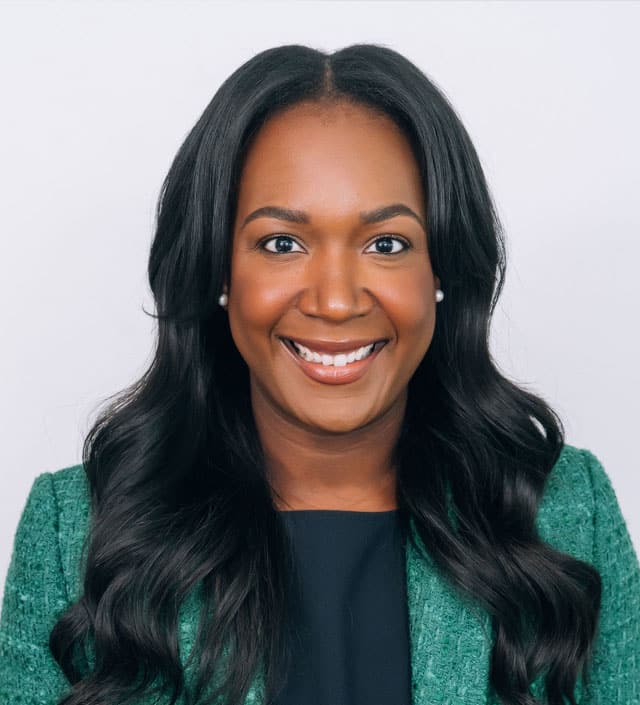
In each stage of growth, advisors hit a point where they experience challenges and frustrations. In fact, they often hit a plateau and cannot grow any further using their existing set of skills and knowledge. It makes me think of a quote by Marshall Goldsmith: “What got you here won’t get you there.” We must evolve and use these growing pains and frustrations as a springboard to greater success.
As advisors increase the number of client relationships, they must also increase the size of their staff to accommodate these clients. Doing so adds more complexity as more people get involved, which creates new problems to solve. We often see this plateau around $1 million in revenue.
An advisor setting out in financial planning and investment management finds they have to run a business, which comes with a new set of complications. The good news is, if this is anticipated and brought to light, then each problem that is solved or frustration that is overcome adds to the experience of the advisor. This, in turn, skyrockets their growth.
Many advisors fail to grow beyond a few hundred client relationships and a couple staff members. If this is intentional, then that is great. But many I know want to keep growing and elevate their businesses to the next level.
Break-Through Strategies
Here are some ways to break through if you’re feeling stuck:
Evaluate your time. Being aware of how you spend your time provides insight on where you can delegate.
As your firm grows, your role will evolve. You get to choose how you spend your time and it is important that you are in your sweet spot. If you do not like managing employees, then delegate this to someone else. If you are spending too much time on email, service, research, or trading, outsource or hire someone to take this over. Doing everything in your business will overwhelm you, lead to burn out and keep you stuck at that level.
When I was approaching $1 million in revenue, I felt overwhelmed. I thought about how I wanted to spend my time and evaluated my strengths as an advisor and entrepreneur. I discovered managing staff was not my strength and actually annoyed me. A key hire was adding another person to my executive team who took on the tasks of managing and developing the staff. This freed me up to bring on more clients and focus on building the business.
Set intentional, measurable goals. Every major accomplishment I have had has come after I set an intentional goal that I could measure along the way. For example, I wanted to hire an employee advisor to assist me in client relationships, so I would have fewer client review appointments each year. The stated goal was “100 client review appointments for Julia.” That is measurable and clear. My team then could execute, and we could measure very easily if the goal was being met. The impact was huge, as it freed my time up to bring on new prospects — which drove our revenue goal.
Setting a demanding goal, forces us to develop our habits, routines, and knowledge. Goals are not really about achieving the end result, but about whom you become in the process. It equips you with new relationships, skills and knowledge. Exactly the things you need to reach the next level of your business.
Celebrate your frustrations. Know that frustrations will happen and are a natural occurrence in life. I have come to celebrate my frustrations and use them as raw data to launch to the next level.
Our technology has been a frustration to us. We have the best CRM, financial planning software, email marketing platform and tailored website. When we choose these companies, they all said the integration and ease of use would be simple. Nothing could have been farther from the truth (major frustration!). We have had to hire specialized consultants and spend a lot of money to make it all work right. The efficiency and success that has come from having all of our platforms integrated is better than I could have ever imagined and is now saving us time and money. If we hadn’t hired the consultant we would only be using one-tenth of the ability it provides.
Take note of frustrations as they arise and take time to think about what they are trying to teach you. Oftentimes, you need to dig deep to get to the bottom of the issue. I promise, they will keep arising in different ways until the root cause of the problem is solved.
Clients Also Hit Plateaus
Plateaus don’t just happen to us in our business; they are common for our clients as well.
The accumulation phase of retirement planning is often simple and straightforward for clients. They need to set up tax-diversified accounts in good, diversified funds and keep saving money over time. But once clients get to the distribution phase, it is a whole new arena. Often, they don’t know what they don’t know.
They need our expertise to help guide them through the distribution phase. It’s not a set it and forget it plan. It requires distribution tax planning, legacy planning and investment risk management on an ongoing basis with the ever-changing landscape we have today.
They too need to evaluate their time, set goals, and celebrate the new stages that will come in life. Most likely, our clients want to spend their time enjoying their retirement years, not becoming retirement planning and distribution specialists.
Learning how to break through plateaus is an important skill to master. I will close with this great quote from Ryan Holiday: “The obstacle in the path becomes the path. Never forget, within every obstacle is an opportunity to improve our condition.”
Julia Carlson is the founder and CEO of Financial Freedom Wealth Management Group, LLC in Newport, Ore. Her email is Julia@juliamcarlson.com. She also invites you to check out her personal website, www.juliamcarlson.com.







